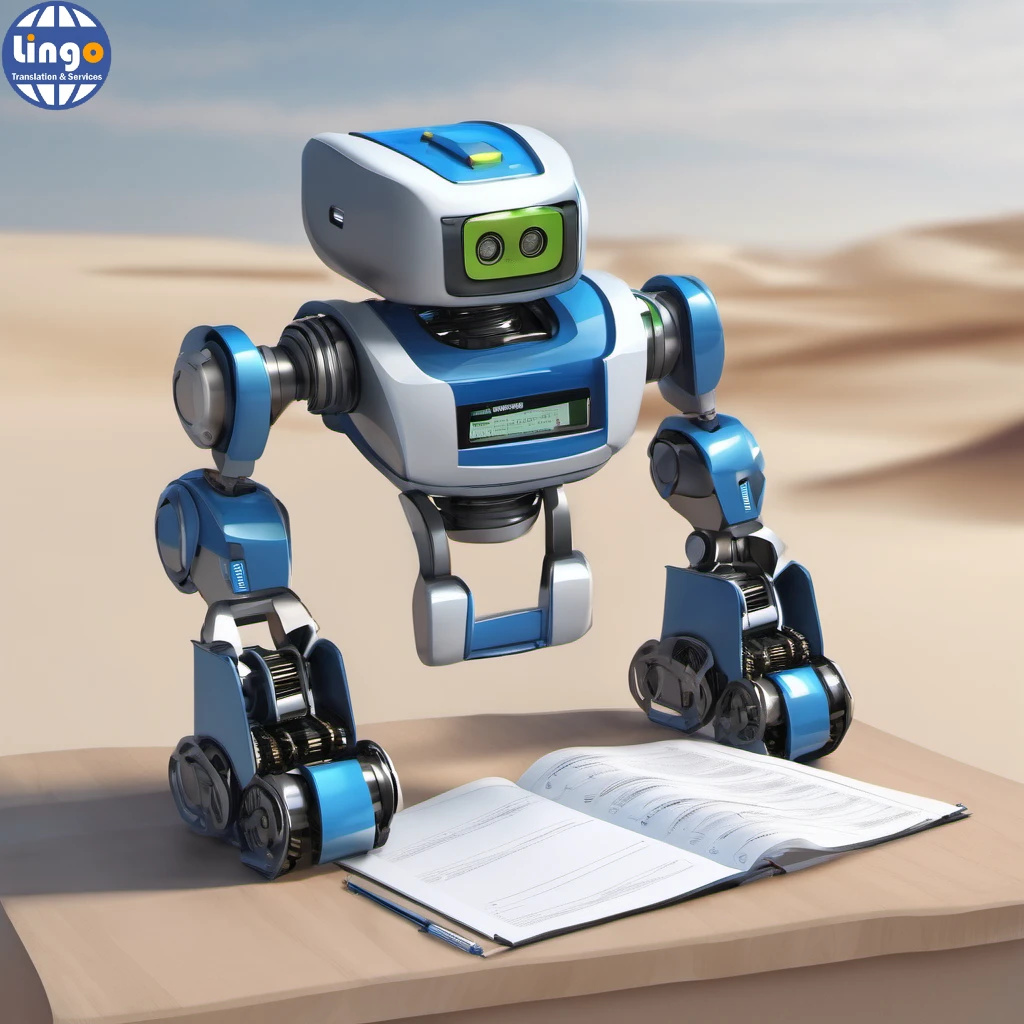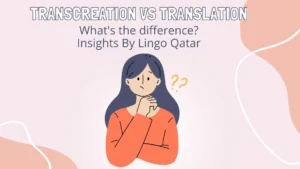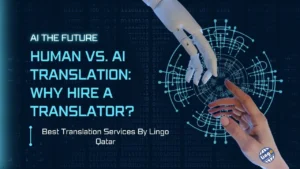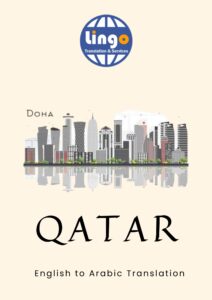Will ChatGPT Impact Translation Services and Professional Translation?
Introduction
In the digital age, sophisticated technologies have perpetually revolutionized the way services are offered and received, with the translation industry being no exception. ChatGPT, an artificial intelligence (AI) language model developed by OpenAI, is one innovation poised for substantial impact. This advanced AI technology significantly impacts translation services and the professional translation industry.
As a researcher or a translation service provider, you might ask questions like, “Will ChatGPT replace human translators?” “Could it change the translation services landscape?” or “How does it differ from the available machine translation tools?”. In this article, we explore these questions, exploring how ChatGPT will likely influence translation services and professional translation.
Understanding ChatGPT
ChatGPT can be keenly described as a conversational AI that leverages machine learning algorithms to understand and generate human-like text. It is trained on a diverse range of internet text. While it doesn’t know nor can access personal data, it can provide generalized responses that resemble human conversation.
From a technological perspective, ChatGPT operates on a transformer-based language model known as GPT (Generative Pretrained Transformer), which is used fundamentally for improving the context-awareness of the AI’s responses. GPT models are designed to predict or ‘generate’ the next word in a sequence by analyzing the meaning behind the entire line of words that precede it, facilitating a more fluid and comprehensive understanding of conversational context.
Implications for Translation Services
The introduction of AI into the translation industry is a recent phenomenon. Machine translation services like Google Translate have long been used for quick, rough translations. However, their need for more subtlety and nuance when translating complex documental nuances or cultural, social, and linguistic idioms often leads to errors or inaccuracies, underscoring the necessity for human intervention and review.
On the other hand, with the advent of ChatGPT, things may turn around. As a context-aware model, ChatGPT presents a more refined, sophisticated version of machine translation. It’s designed to discern and understand the subtleties of language, making it more suitable for providing nuanced translations that reflect the complexities inherent in human languages.
Translator Replacement or Tool Improvement?
A key question in the translation industry is whether AI will replace human translators. Will ChatGPT mean the end of human involvement in translations? The answer is complex due to the nuanced nature of translation work, but current indicators suggest otherwise.
ChatGPT, despite its advanced abilities, still has limitations. It tends to generate overly verbose responses and can often miss the mark when translating idioms or expressive language styles. Although developing rapidly, AI still needs to fully grasp the rich, complex tapestry of human language and the varying cultural nuances each language carries.
Given these challenges, it’s unlikely that ChatGPT or any other AI model will completely replace professional human translators in the foreseeable future. However, it stands to significantly augment the translation workflow, serving as a tool for improving speed, efficiency, and accuracy.
Human translators equipped with AI tools like ChatGPT can complete rote translation tasks faster, leaving more time for the intricate aspects of the profession that necessitate human expertise and cultural understanding. Consequently, introducing AI into the translation industry could improve overall service quality by allowing human translators to focus more on quality assurance, editing, and refining translations rather than simply generating them.
The Future of Professional Translation and ChatGPT
With the continuous advancements in AI, synergistic collaboration between AI tools like ChatGPT and human translators appears to be the most probable future of the industry. In this model, AI performs the initial translation, providing a solid draft, after which human translators refine the text and ensure cultural and contextual accuracy.
This combination can create unprecedented accuracy and efficiency in translation services, benefitting providers and consumers. It would allow translation services to cater to a larger audience, enhancing customer satisfaction and operational efficiency.
Conclusion
In essence, ChatGPT significantly influences the translation service landscape. While it might not replace human translators, it will undoubtedly be a powerful tool for enhancing service quality and efficiency.
The future of translation services, powered by advances in AI like ChatGPT, is leaning towards a collaborative model where AI and human expertise work in tandem. Understanding and embracing this shift will prove vital for translation service providers to maintain a competitive advantage and meet evolving customer expectations in the digital age. The symbiosis between AI and professional human translation promises a more refined, efficient, and effective translation service with the potential to redefine the industry.
However, service providers must consider the limitations and strengths of technologies like ChatGPT to get there. The professional translation industry’s exploration into AI technology is still nascent; Service providers can only fully unlock and leverage its potential through continued experimentation, refinement, and collaboration.
Ultimately, it’s not about human vs. machine translation; instead, it’s about how they can work together—which, undoubtedly, is the future of the translation industry.





